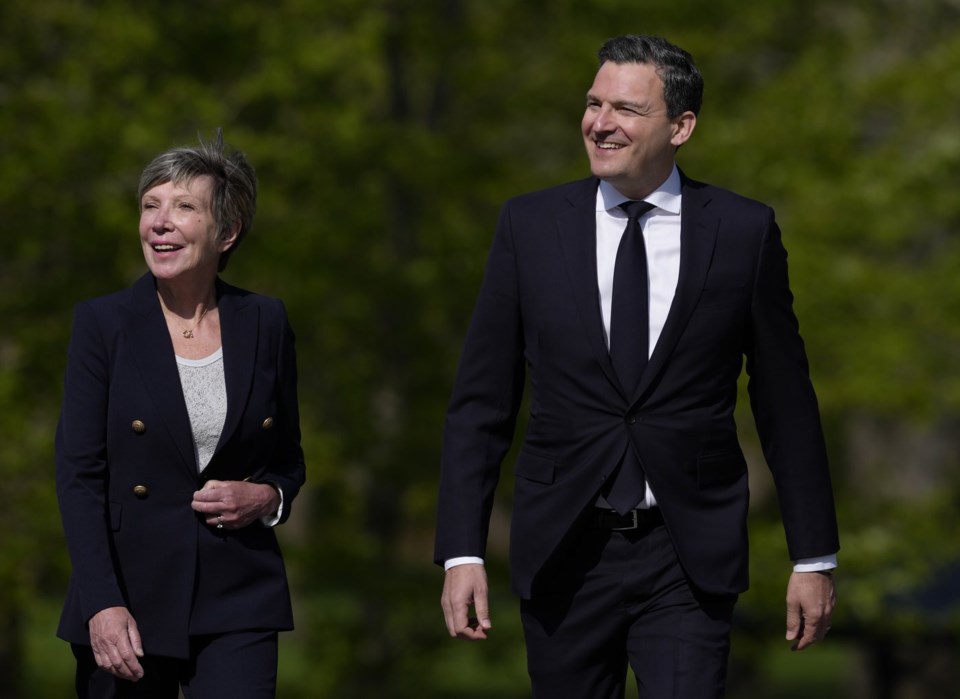OTTAWA — Prime Minister Mark Carney created a new artificial intelligence ministry as he made some key changes and additions to his cabinet on Tuesday.
Former journalist Evan Solomon was sworn in as the minister of artificial intelligence and digital innovation.
Solomon was elected for the first time in the April 28 election in the riding of Toronto Centre. He previously worked as a TV host for both CBC and CTV.
Artificial intelligence previously fell largely under the industry portfolio, which is now headed by former foreign affairs minister Mélanie Joly.
The previous government introduced an AI regulation bill targeting "high-impact" AI systems that did not become law before the election was called.
During the election campaign, Carney emphasized the economic potential of AI and promised to invest in AI training, adoption and commercialization.
His party's platform promised to move fast on building data centres, introduce a tax credit to incentivize AI adoption by small and medium-sized businesses, and push to expand programs at Canada’s AI institutes to drive AI commercialization. The platform also vowed to keep Canadian intellectual property in the country.
Critics have been saying for years that, despite Canada’s strength in artificial intelligence research, the country has been slow to commercialize the technology and has struggled to retain intellectual property.
Carney also promised to use AI to make government more efficient through a dedicated office of digital transformation, and to build up AI capacity in the labour market.
There was little talk during the spring election about regulating the emerging technology, though the Liberal platform included a promise to make it a criminal offence to distribute non-consensual sexual deepfakes.
This report by The Canadian Press was first published May 13, 2025.
Anja Karadeglija, The Canadian Press



